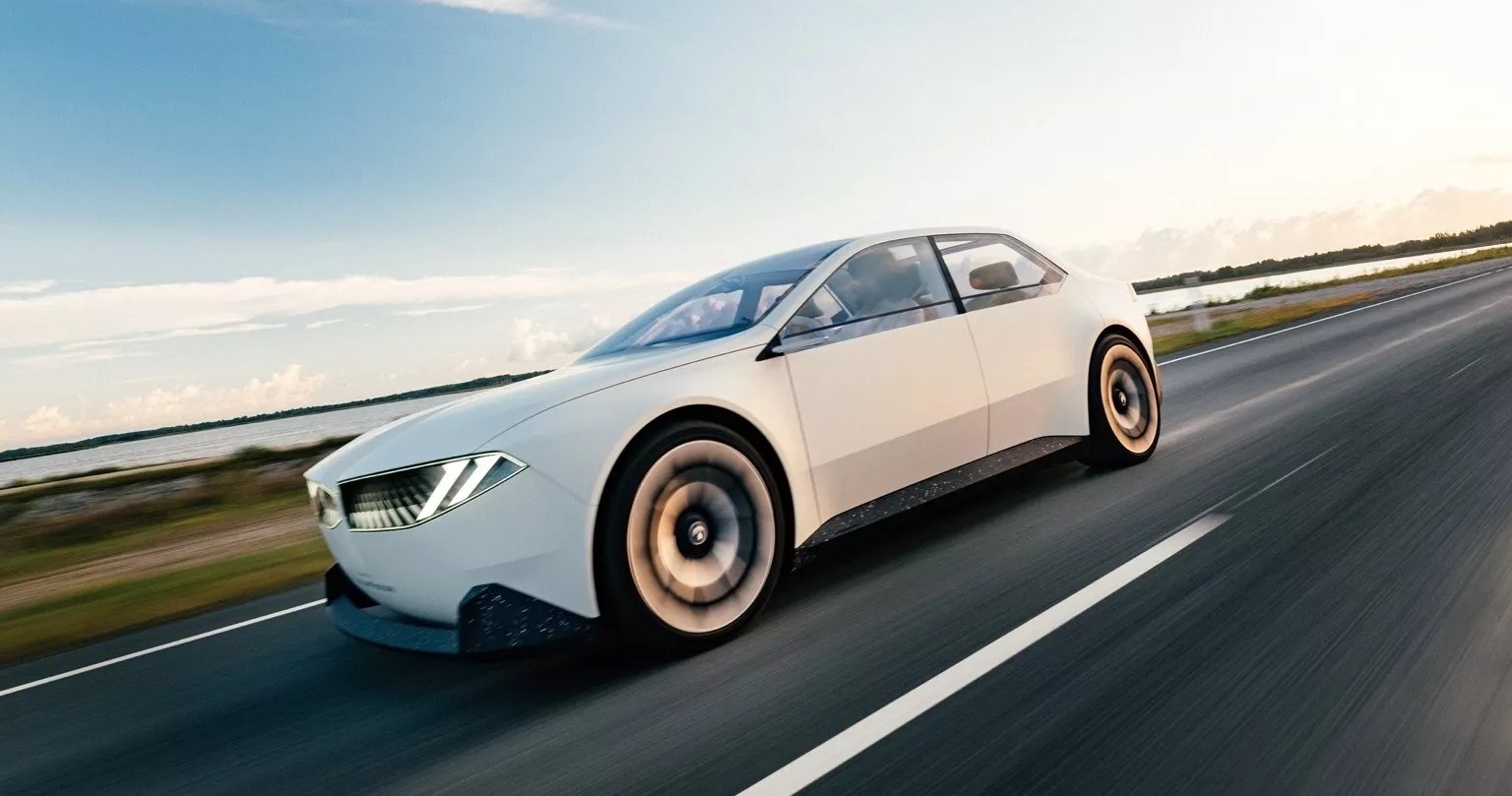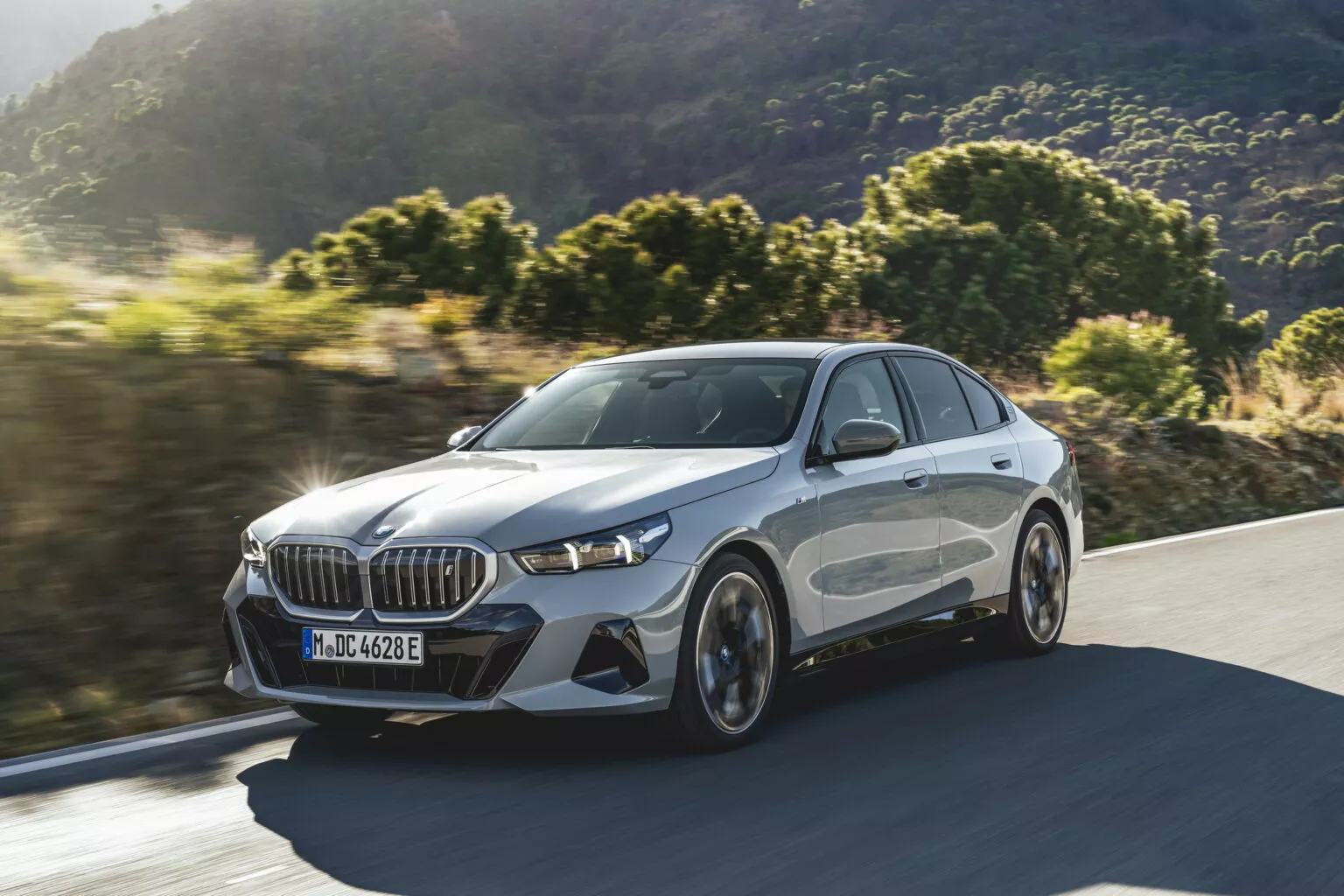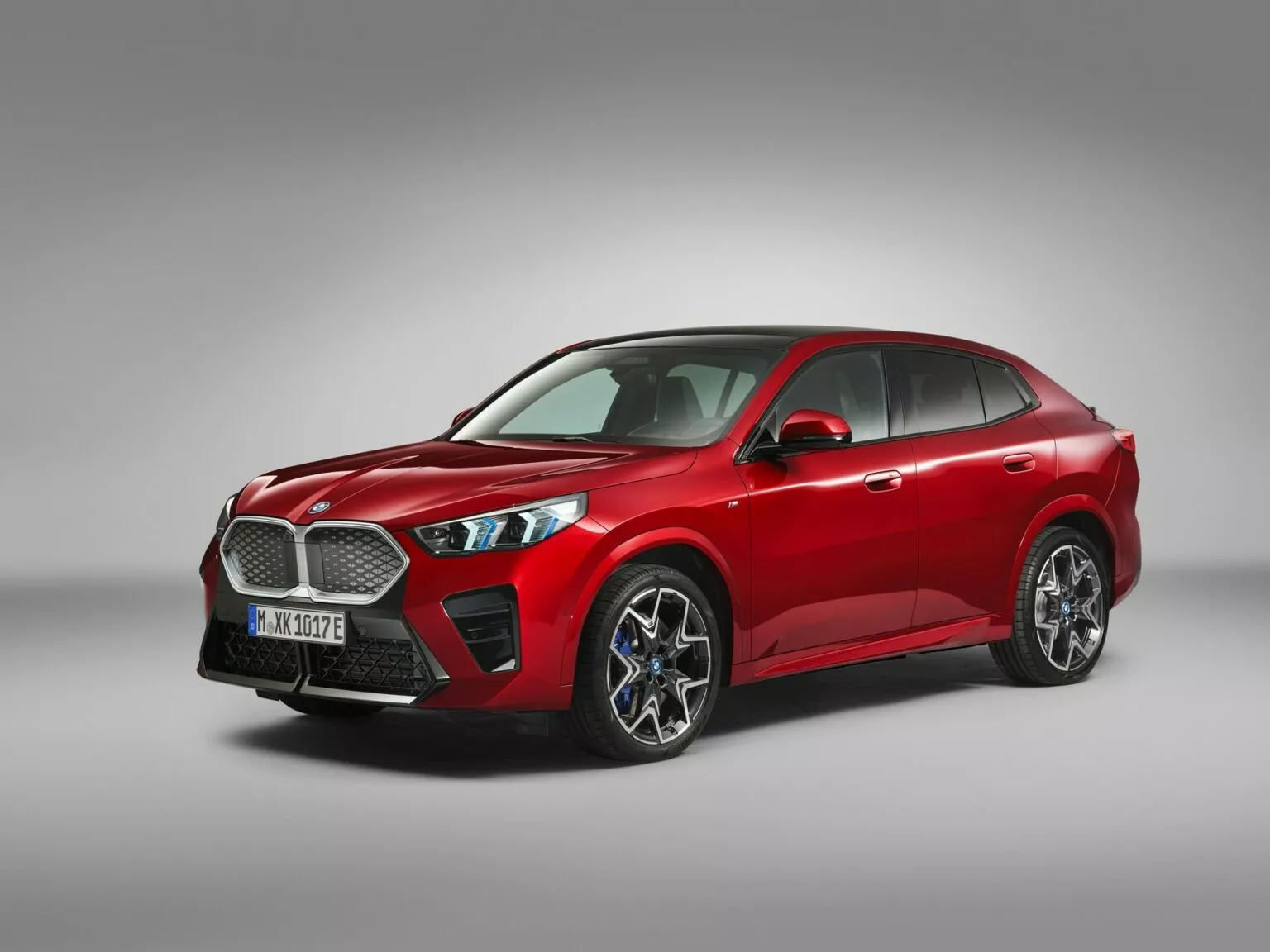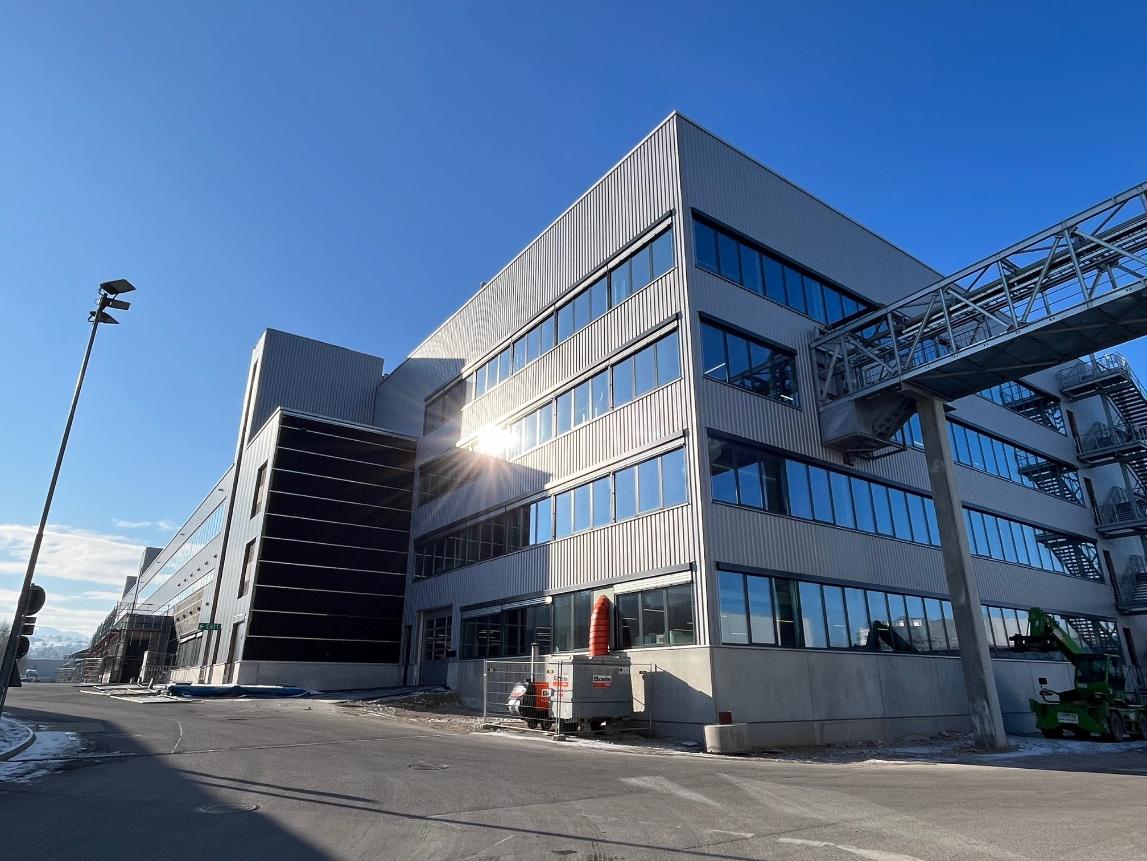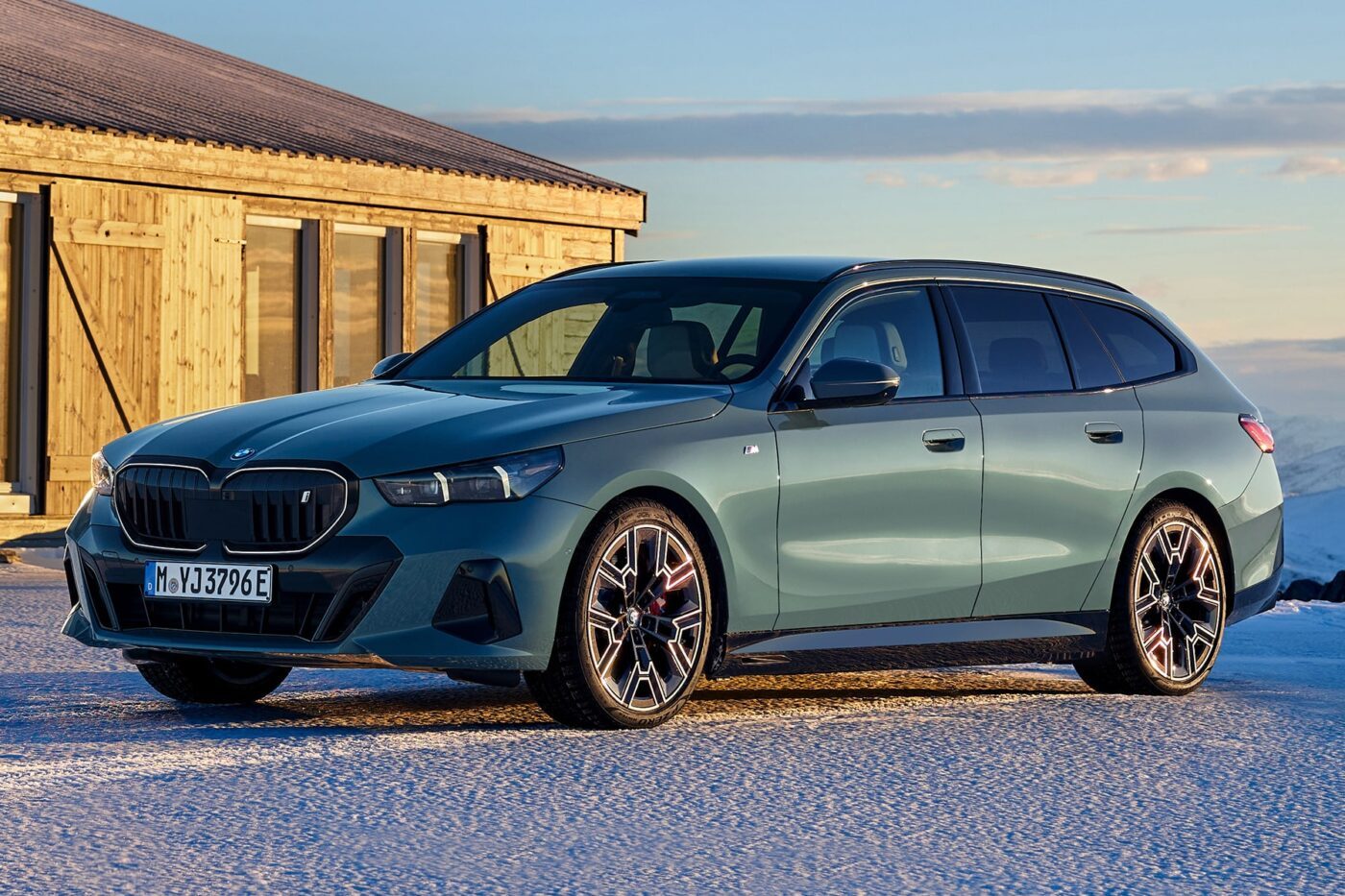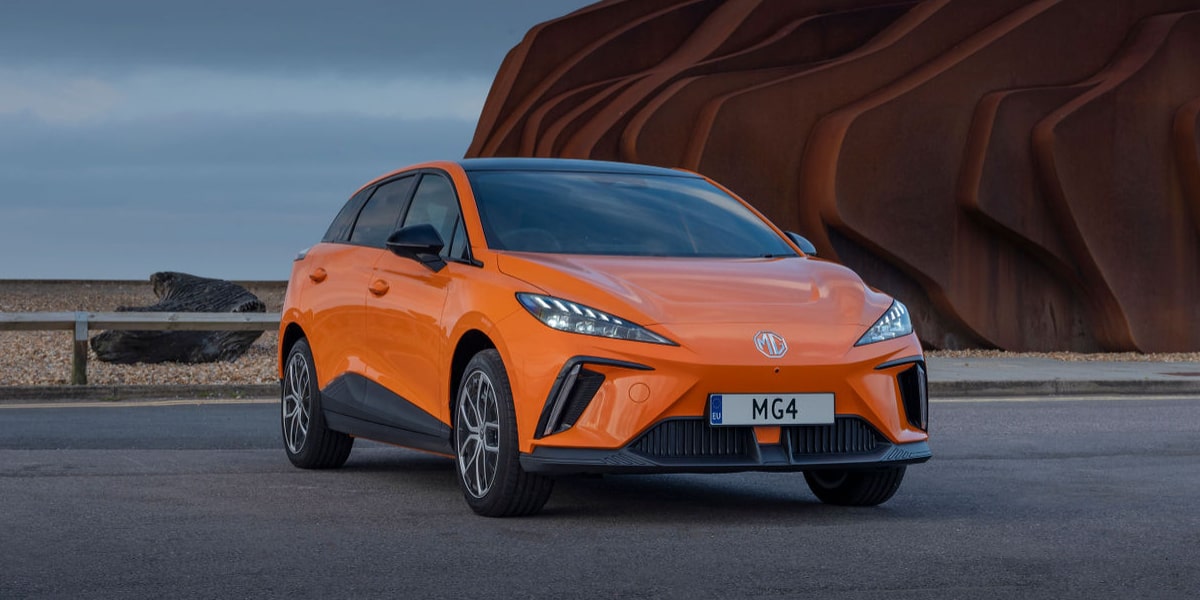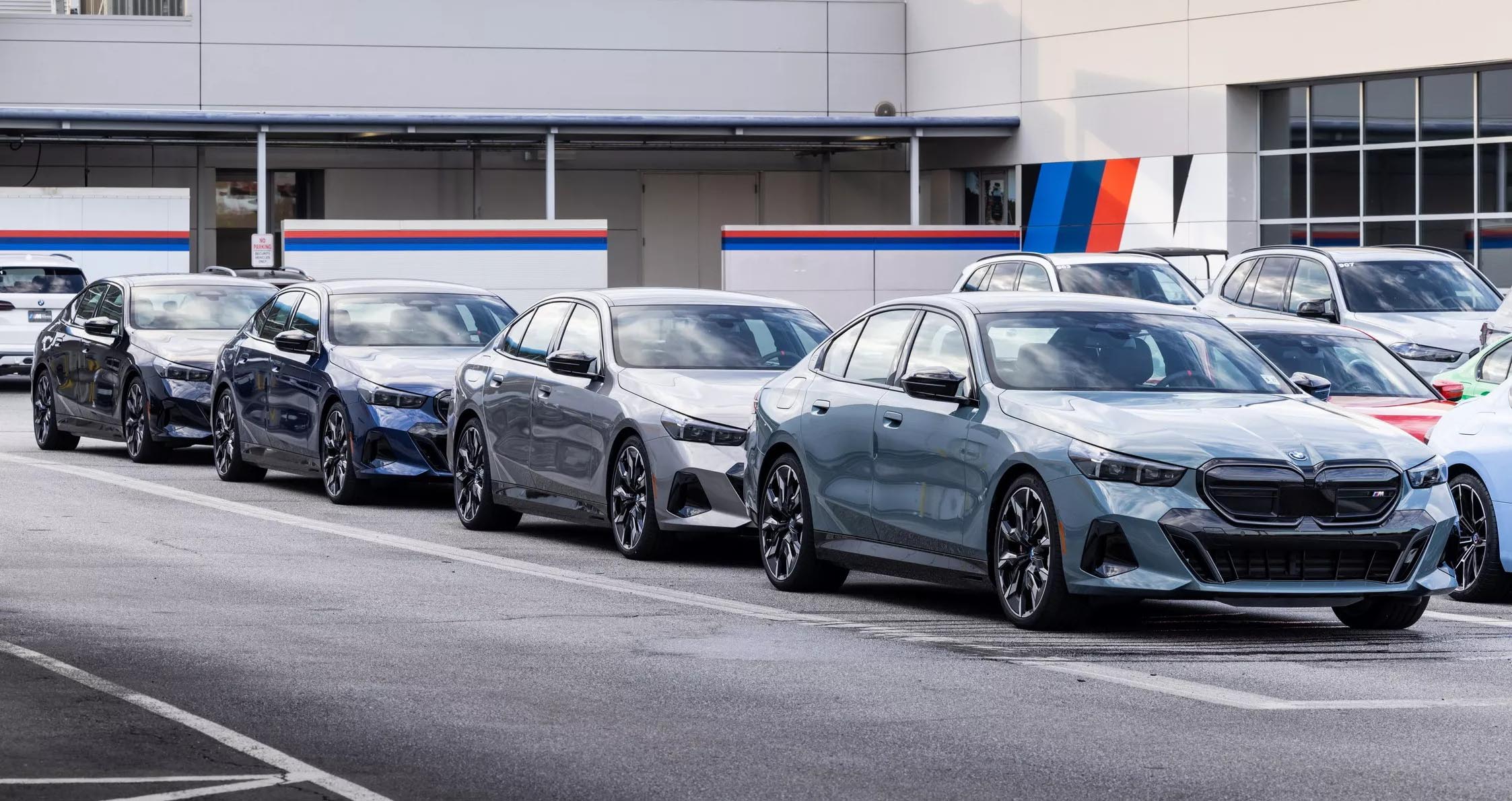German automaker BMW is set to introduce six battery-electric vehicles (BEVs) as part of its Neue Klasse platform before the close of this decade, with the initial two focusing on the midsize segment.
Central to this initiative is a redesigned battery pack at the core of the new architecture, integrated into the vehicle’s body structure to reduce weight and costs. In a bid to enhance packaging, lower pack height, and boost energy density, BMW will transition from cylindrical cells to prismatic cells.
The upcoming sixth-generation eDrive system, debuting in Neue Klasse vehicles, encompasses the lithium-ion battery pack, electric motor, and intelligent energy management system. BMW asserts that this system will offer a 30% increase in range and 30% faster charging compared to the outgoing system, with a simultaneous 25% improvement in efficiency. Built on an 800-volt architecture, the new system is projected to be 40% more cost-effective than the existing eDrive system.
The first model based on this platform will be the second-generation iX3, set to replace the current combustion-powered X3. Anticipated to launch in late 2025, this model will be manufactured in Hungary, with an extended wheelbase version slated for production and sale in China. Subsequent to this, BMW plans to unveil an electric sedan, akin in size to the current 3-Series, produced at its Munich facility in 2026, later expanding production into Mexico and China.
Following these releases, BMW will introduce a coupe-styled sedan named the iX4, succeeded by a station wagon version anticipated in 2027. The final addition to the Neue Klasse lineup will be a compact utility vehicle, replacing the iX1.
In addition to the advanced underpinnings of these models, BMW intends to infuse a distinctive design into each vehicle, drawing inspiration from the Vision Neue Klasse introduced last year, according to industry sources.

